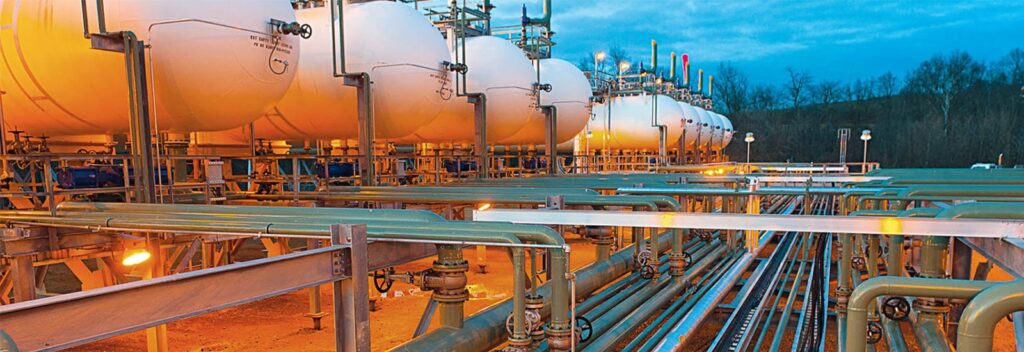[vc_row type=”in_container” full_screen_row_position=”middle” scene_position=”center” text_color=”dark” text_align=”left” overlay_strength=”0.3″ shape_divider_position=”bottom”][vc_column column_padding=”no-extra-padding” column_padding_position=”all” background_color_opacity=”1″ background_hover_color_opacity=”1″ column_shadow=”none” column_border_radius=”none” width=”1/1″ tablet_text_alignment=”default” phone_text_alignment=”default” column_border_width=”none” column_border_style=”solid”][vc_column_text]We are currently working on two NSF-funded projects that help understand the interactions of food, energy, and water systems under natural disasters and climate change. Both projects represent these systems at a national-scale using optimization-based modeling. The DECO model forms the basis of modeling the food system, and the energy systems are modeled using our energy models.
INFEWS/T1: Understanding multi-scale resilience options for vulnerable regions (NSF Award #1639214)
The world is undergoing an energy revolution. Centralized electricity production and grid connections are multiplying electricity access for cities and industry in emerging economies worldwide, while distributed renewable technologies offer opportunities for communities beyond the grid. These changes are transforming societies and they have diverse impacts on food systems, and ultimately food security, on scales from household to global. At the same time, climate change has the potential to impose both local and global hydrological shocks that affect food and energy systems at multiple levels. Who will benefit from this rapidly changing food, energy, and climate landscape, and who might be left behind? How will technological, investment and policy strategies shape these outcomes? And how might external shocks, arising from global market dynamics and large-scale climate change, alter the course of energy and food security development? The answers to these questions are critical to development in emerging economies and, potentially, to social stability within and beyond their borders. To understand and predict these dynamics, the research team supported by this award will construct a systems-based modeling framework that captures local-scale to national-scale food, energy, and water dynamics in a changing climate. The framework will be implemented for Ethiopia and Mali, two rapidly developing but highly climate vulnerable countries that serve as test cases for a more generalizable analysis system. United States researchers will work with African counterparts and development experts to develop modeling tools and apply them to active and proposed energy and food security initiatives.
The ultimate objective of this work is to understand coupled system dynamics across scales in a manner that allows one to quantify the sensitivity of critical human outcomes (nutritional satisfaction, household economic well-being) to development and climate adaptation strategies. The research team will approach this problem with an integrated Multi-scale Energy and Food Systems (MEFS) modeling framework that includes a local “agent-based model” to capture individual behavior and learning; a scalable multi-player “micro-economic partial-equilibrium model” to simulate area-aggregated decisions and outcomes,;and a national computable “general equilibrium model” to simulate large-scale policy dynamics. MEFS couples the three models, which makes it possible to study the role that individual behavior and learning plays in area-aggregated decisions and to quantify the cross-scale impacts of bottom-up and top-down development interventions, such as household-level solar energy versus national energy subsidies. MEFS will provide novel insights on food-energy-water dynamics in the sub-Saharan Africa context, while the novel coupling methods developed for MEFS will advance the science of multi-scale systems modeling for research anywhere. The project also includes a significant educational component in which United States graduate students participate in collaborative research and training with graduate students at multiple African universities.
This EArly-concept Grant for Exploratory Research (EAGER) project will generate data at the interdependencies of the energy, food, and transportation infrastructures, providing essential information for contributing to improved approaches to addressing design and operational issues for interdependent critical infrastructures (ICIs). The project introduces a new mathematical framework and applies it to data generation, allowing explicit representation of infrastructure interdependencies. It allows integration of current data generation techniques into a unified representation of societal, mechanistic, and physical aspects of ICIs. All data generated from this research will be made freely available through online repositories. Along with academic publications and presentations, the project will create communication materials such as digital maps for dissemination to practitioners, particularly within rural communities. The findings and outcomes from this research may serve to raise public awareness about infrastructure threats and resilience. This project will also develop a food/energy module for elementary schoolchildren, as well as support for graduate student researchers.
This project will develop a new mathematical framework (Stochastic Bilevel Optimization) to generate synthetic data on ICIs. The project will also provide uncertainty measures associated with these data, allowing a measure of quality as well as quantifying relationships with input information. This method will generate data for interdependent agriculture, food, energy, and transportation ICIs, allowing for integration of existing data generation techniques. The mathematical structure of the stochastic bilevel optimization problem allows for representation of, and integration across, the physical, mechanistic, and community functions of ICIs. The aim is to generate data to optimize strategies for disaster preparedness, resilience, and response. This research will contribute to the emerging area of food system resilience and will enable future efforts to model potential threats to food systems such as energy supply disruptions and fuel price spikes.[/vc_column_text][/vc_column][/vc_row][vc_row type=”in_container” full_screen_row_position=”middle” scene_position=”center” text_color=”dark” text_align=”left” overlay_strength=”0.3″ shape_divider_position=”bottom”][vc_column column_padding=”no-extra-padding” column_padding_position=”all” background_color_opacity=”1″ background_hover_color_opacity=”1″ column_shadow=”none” column_border_radius=”none” width=”1/1″ tablet_text_alignment=”default” phone_text_alignment=”default” column_border_width=”none” column_border_style=”solid”][image_with_animation image_url=”7444″ alignment=”” animation=”Fade In” border_radius=”none” box_shadow=”none” max_width=”100%”][/vc_column][/vc_row]
